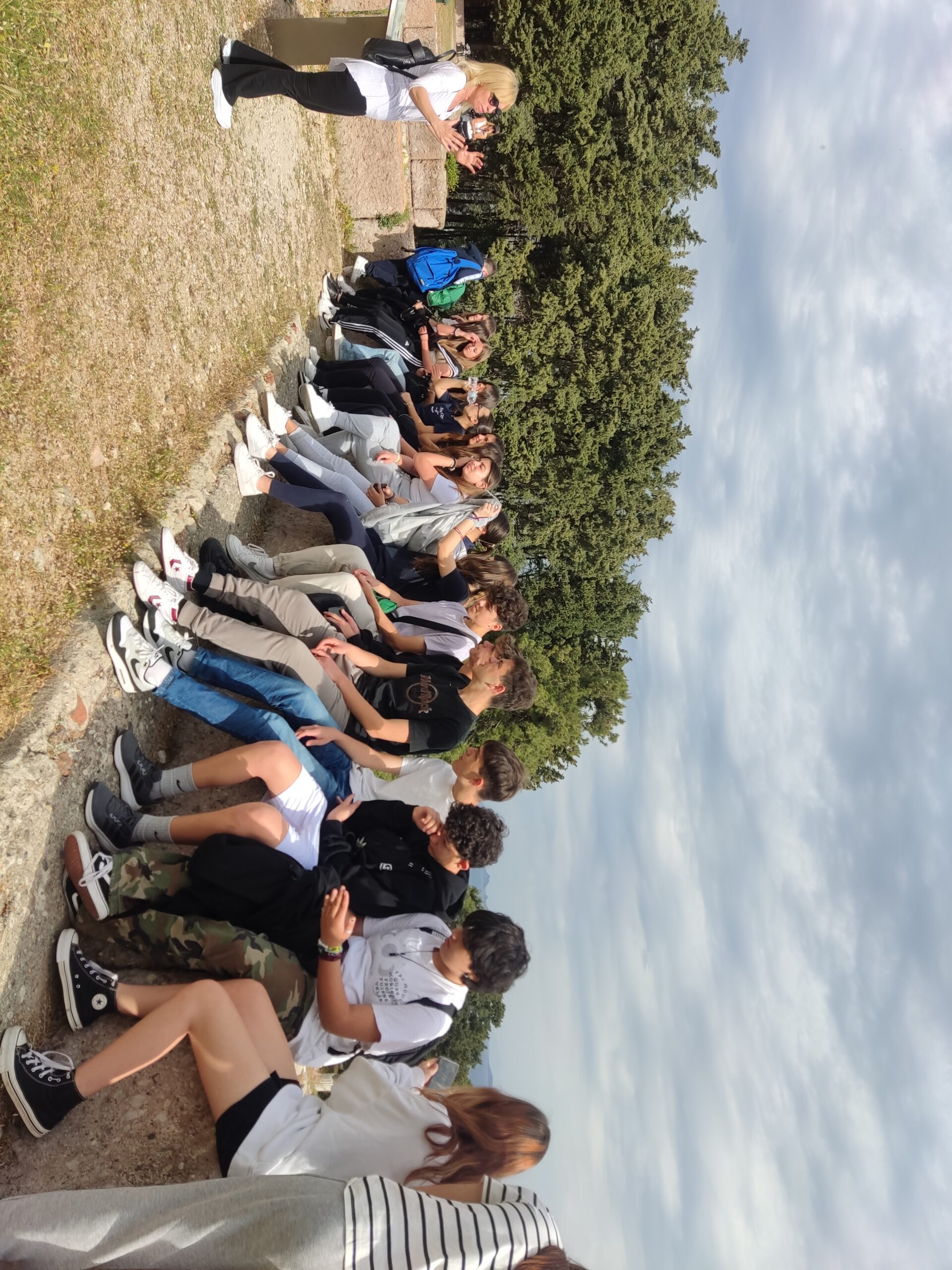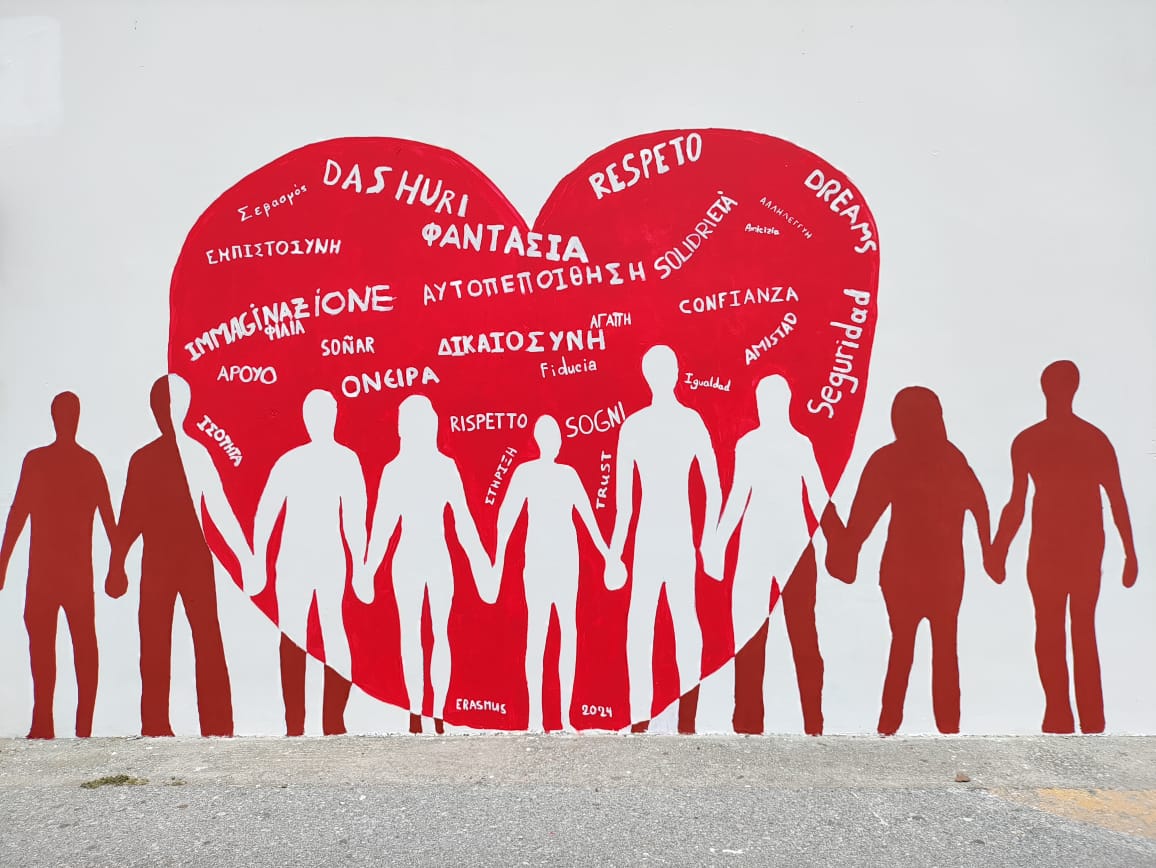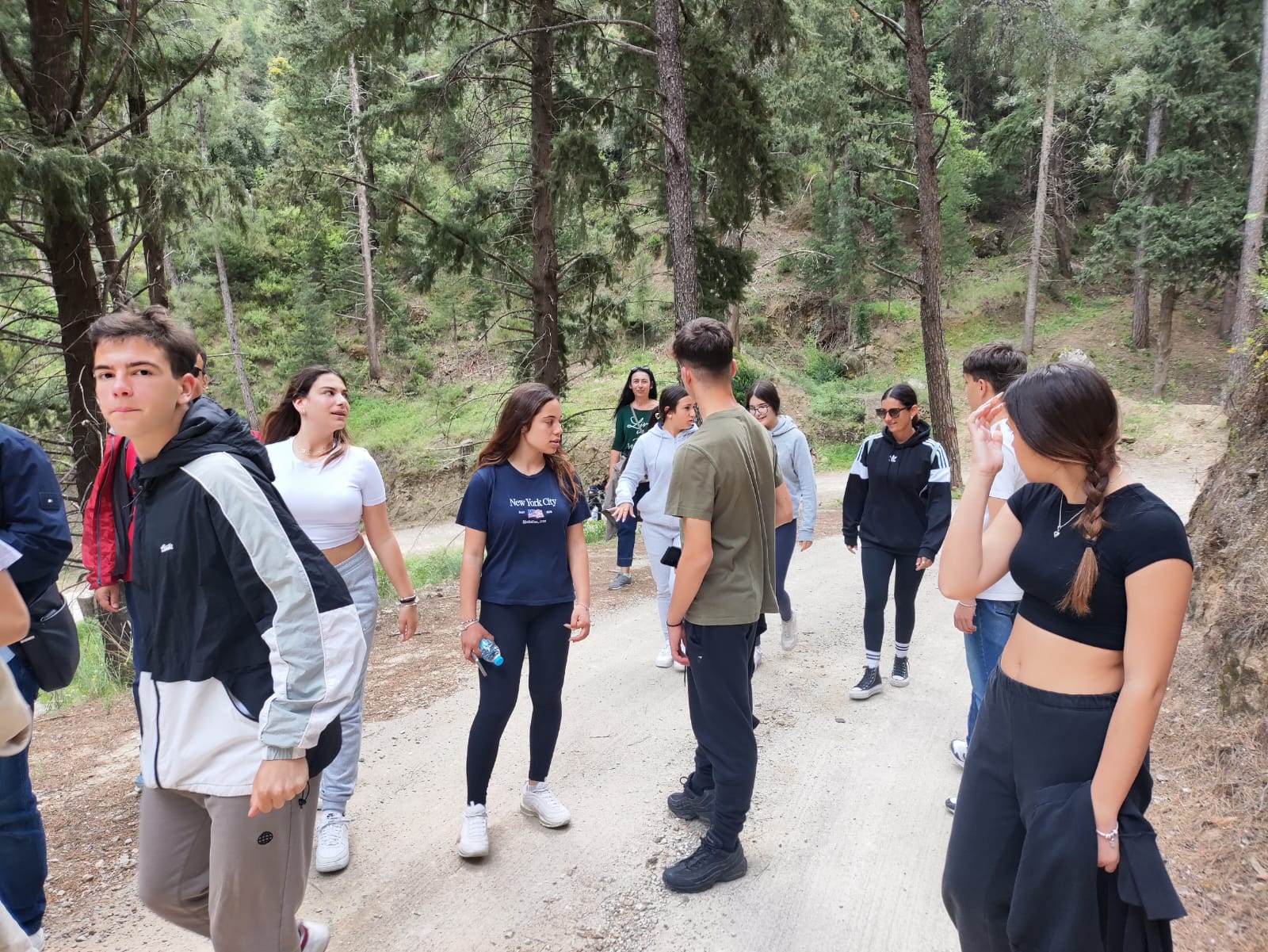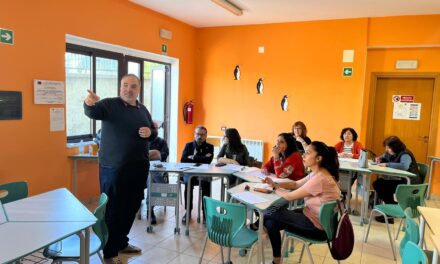During this international exchange students have had the opportunity to meet each other and get to know the Greek culture fully integrated in the usual schedule. This activity has helped students understand when bullying is physical, verbal and/or social, or if it’s not actually bullying. Participants will be the protagonists of a non-formal educational path which, starting from the fight against bullying, will lead to the fight against all forms of prejudice, abuse and violence. There was a photo exhibition with themed works made by students about the project’s idea and about «A friendly school». Teachers coordinated the students to join a variety of activities meant to prevent aggressive behavior. During each activity, the hosting school introduced their practices for preparing students to “R.E.S.P.E.C.T.” philosophy. In this way we have learnt from each other.
Daily schedule:
Day 1 – Introduction of participants: a brief welcome and an activity allowing participants to get to know each other. Students join in workshops related to the topic of mobility while teachers meet to update agenda. Role plays and Ice-breaking activities.
Day 2 – Workshop: “What special things we do/should do at our school to create a friendly school environment”. Role plays and Ice-breaking activities.
Day 3 – Workshop: “How to combat bullying, mobbing and intra-school violence”. Role plays and Ice-breaking activities.
Day 4 – Workshop: “The school of my dream-no violence, no bullying”. Role plays and Ice-breaking activities.
Day 5 – Display of items produced, outdoor games, evaluation and feedback, certification, farewell party with performances.
Participating students and teachers are divided into two groups – the research group and the practical activities group. They will work with their peers in the hosting country in the first four days of activities, after which they will be presented the results of the other groups. Students and teachers will attend at least two classes every day, so that they can observe the methods, style and content of the lesson in the host country. At the end of the week, the host country will organize a show in which all students are brought together to present their work. Coordinating country writes minutes, coordinates teachers’ surveys on activity.
Meeting ends with a farewell party for all participants.








